I wrote this essay in autumn 2013, shortly after I resigned my academic position. I recently came across the article again, and realized I never published it to my blog. I hope it helps anyone interested in making new choices.
“Is this your mid-life crisis?” my husband wondered. I clarified, “It’s not a crisis; it’s more like mid-life deep reflection.” He smiled. I understood. My rewording changed nothing. It was the first week of classes and I was in crisis.
Thirteen years earlier I came to Lawrence University, wide-eyed and eager. I welcomed September and thrived in the classroom. The community embraced me; I belonged. Though I worked long hours, I couldn't imagine a more fulfilling career. No surprise: I was asked to participate all over campus. Naively (and, at first, genuinely), I said yes—yes to everything. I wanted to be seen and appreciated, liked and respected.
I also had a tenure decision looming. In year six, my work would be critically judged by a committee of peers. I felt thick anxiety about this process. Anxiety that shook me awake at night: Am I smart enough? Am I dedicated enough? More must be better. More articles, teaching overloads, and service to bolster my tenure file. I was firmly on the academic treadmill—point of view straight ahead, uphill.
My decisions arose from a distorted reality: if one person didn’t really like me, I worried the world would see my unworthiness. If I didn't publish enough papers, I thought the world would see I’m a fraud. I hosted parties, made sure not to offend, did backflips for my students, and gave until depleted.
In moments when I spoke freely and honestly, I was quickly filled with doubt. None of this was obvious to others. Since childhood, I learned to hide my insecurities. I achieved while maintaining a positive, happy exterior—it just made things easier.
After I earned tenure, I felt the physical effects of my long, hard push. My digestive tract rebelled and my heart raced. As a life-long athlete, I respected my body. I valued health over work—a realization that motivated my “Year of No.” I needed room to breathe. With every new request I kindly said no, honestly explaining my code-red status.
I attended a student art exhibit, where a postcard shared nine important words: saying no is a big part of saying yes. Indeed, if I didn't say no enough, I wouldn't have room to fully say yes—to passionately work on interesting projects. So I selectively said yes, reduced my work hours, and reclaimed my personal life. And the sky didn't fall.
My inner-critic warns that I have no choices: “horrible things will happen if you stop incessantly doing.” A vital piece of my understanding was to notice what occurs when I make an intentional change. I became mindful of my actions—what stemmed from my inner-critic versus the actual constraints of my job? How could I better align my inner-life with my work life?
To organize my thoughts, I wrote a work mission statement. My primary intention was clear: teach and mentor students about statistics and about life. This brought my focus back to the students and away from distractions; it influenced my choices. Campus politics didn't interest me. The decisions of administrators didn't affect my daily life with students.
The students were my compass. If a work activity didn't directly impact them, it fell to the bottom of my to-do list. This helped in the short-term, but I still felt depleted. No longer did I welcome September.
I found new creative outlets: gardening, writing, cooking, and visual arts. I took photography classes and carried my camera everywhere. I made time for my photos and blog, even at the end of a long work day. It was the creative heat I needed to survive. Interestingly, the hours I spent with my hobbies, ostensibly to keep me sane, changed my view of myself—I eventually saw outside my academic identity.
I remember a particular August day: while watering the plants, I resigned myself to soul-filling work only in the summer; I resigned myself to gutting through the academic year. The no-choice credo: I earned tenure; Lawrence is a special place; I’m excellent at my job; I will retire in this career, regardless of my contentment level.
But when I hit crisis mode within the first week of classes, I questioned the life-long academic path. A phone conversation with a former student brought clarity to my feelings. Steph began as my advisee; now she’s a close friend.
She asked probing questions: "Imagine you are part-time, teaching no introductory stats, how does that feel?" (It still feels empty, not heart-filled.) "What if you had paid time to learn new statistical methods?" (Ugh.) "Do you even like statistics anymore?" (I don't know.)
Our discussion held pauses when my tears flowed. Identities to which I clung were stripped away. I grieved those identities. And I also saw how painful I’d let my work life become—I was inured to the disconnect between my daily actions and activities that filled my soul. Who was I?
After that phone conversation, I knew I would resign. To many, it seemed a quick decision. To me, it was the answer to years of questions. I was trying to solve my discontent puzzle by moving around pieces within my job. Once I understood I didn't have to be an academic my whole life, my choice was obvious. I could drop the academic identity and still have plenty to give the world.
When I shared my decision with the Lawrence community (a community I cherish), I received two common responses: “I’m really sad for Lawrence, but happy for you” and “I admire your honesty and bravery.” I didn't expect the latter reaction, yet it poured in from people—from very different people.
A friend recently asked how I came to such peace with the decision. My answer: I accrued enough self-awareness and fully trusted myself. Before I could see my choices, I had to clearly see myself. And this is where my bravery began, in looking.
It took courage to explore layers of myself in therapy. It took courage to sit for weekends in silent meditation—alone with my thoughts and feelings. It took courage to make different life choices from those of my colleagues and to try new creative outlets—to put forth my artistic work in the beginning stages when I was most vulnerable. It took courage to love myself, as is. And I drew from these experiences when I mindfully considered a career change.
For many years I resisted an empowering truth: we all have choices—even when, especially when, it feels like we don’t. Our culture encourages us to mistake wants for needs. Our busy schedules convince us that choices are actually must-dos.
Some of our well-grooved habits, roles, and assumptions no longer feed us, yet it takes awareness to recognize when this happens, and it’s vital to know we have a choice. Once accessed, we can see these wide-ranging choices (from saying a simple no to quitting a job), even when external forces push us in different directions. It’s not an easy path, but it’s the path to freedom.
The month is September and for the first time in years, I feel an absence of dread. My creative ideas flow, no longer chained to the school schedule. Every day I write, take photographs, connect with people, and fully experience life. Can I make a living through these daily pursuits? That’s an open question. And even we non-academics appreciate the richness of an open question.


